Implementation of a synchronized TDOA multiple RF stations RF stations
Space Situational Awareness (SSA) is an activity ensuring the monitoring of space activities in order to have a common operational picture of space. Ground stations are essential in this regard and allow the generation or orbital parameters of space objects, which are necessary to predict their motions. Several categories of sensors (optical, RF, radar) can be used from the ground to derive these parameters. One station can work in standalone. However, to increase the accuracy of the orbital solutions, several stations could potentially be used in parallel.
Objectives
Setting up a Swiss network of synchronized sensing outposts (using Precision GPS Reference Clocks) with same setup as the current EPFL radio station, but at different locations. This will considerably improve performance when exploring new satellites. This involves:
• Setup the network with other stations in Switzerland
• Accelerate the validation of satellite activity (i.e improved confirmation metrics)
• Generation of Higher fidelity TLE (from km range to meter range)
• Setup a system level redundancy
• Guarantee a higher overall national coverage of satellite activity
Required skills
For the good realization of the project, it is recommended that the student have:
• Understanding in RF and signal processing
• Programming skills in Java or python
• General understanding of the orbital dynamics
• Ability to appraise and adapt the project to fulfill the needs of the Space Domain
• A sense of responsibility to provide the work quality to be used for everyday applications
Place of work
The student will have the opportunity to work in a stimulating environment with other students in different locations (Lausanne, Bern, Zurich) in Switzerland depending on the needs of the projects.
